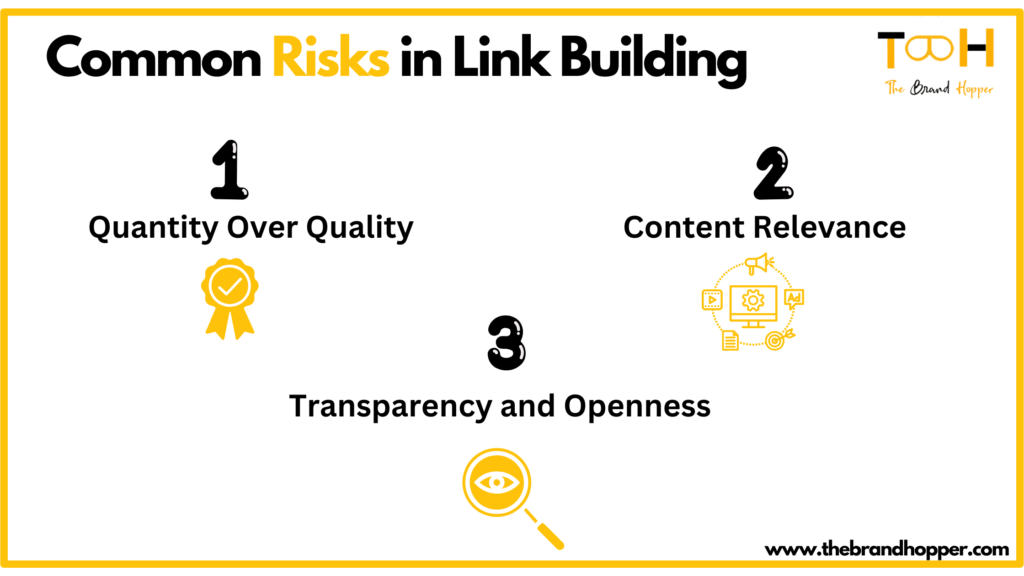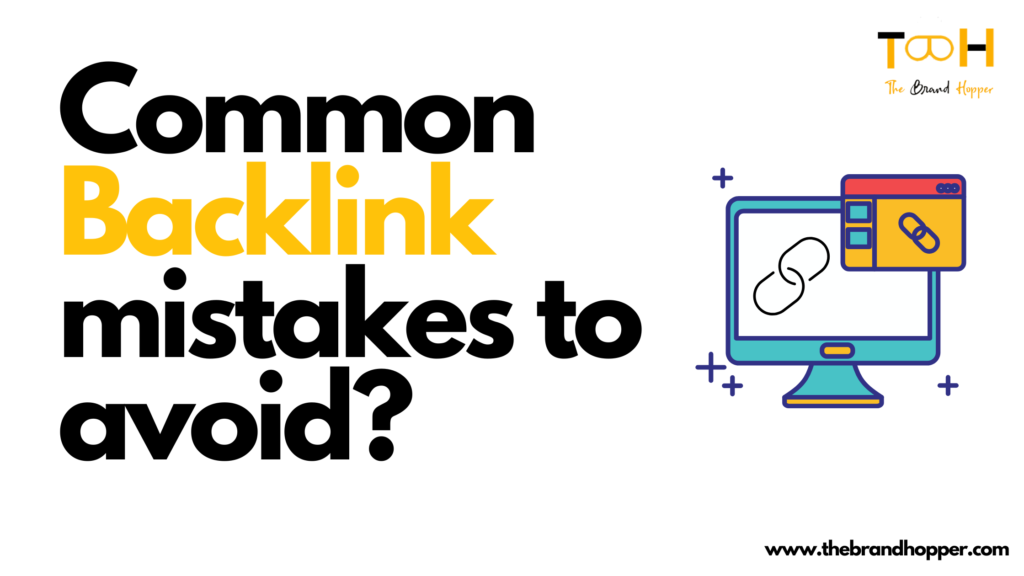If you have a website and you’re trying to grow your business through it, you’ve probably heard of link building. It’s a game changer, but getting it right isn’t easy. If you choose the wrong approach, your site could/will become practically invisible, and all the money/effort you invest into it will go down the drain. You can also hurt your reputation, so potential customers will avoid you like a plague and instead go to your competitors. This would lead to your website essentially becoming a form of free advertising that is beneficial only for others, not for you.
So, how do you prevent such a calamity from becoming a reality? If you’re not an expert at link building, you should find someone who’s (preferably) an established agency and have them do it for you.
However, you can’t just hire an expert and stop paying attention to link building; you need to be familiar with what it is they do, how they do it, and which problems might come up.
Building Links and How It Impacts SEO
To simplify, with the links that you get from link-building, you’re basically having other people (sites) vouch for you (your site), increasing its reputation.
These links are called backlinks and they boost your rankings to bring in more visitors. Now, the problem is – it’s not about the quantity of the links, it’s more about the quality. So, if you have a flood of links on sketchy, low-quality sources, it’s almost like you did nothing. A few links from respected, relevant sites will do a far better job.
Are backlinks this important, though? Well, yes. They definitely are. It has always been speculated (by SEO experts) that backlinks are one of the top (if not THE top) ranking signals for search engines when determining the value of a website. After the massive leak in May 2024, which involved Google’s own internal search engine documentation, it’s been confirmed that backlinks, still to this day, are one of the most important ranking signals out of dozens. Similar findings were found when the Yandex search engine source code was leaked in January 2023.
If this seems like a lot, it’s not an issue because there are link building agencies that can do it for you. They’ll handle all the heavy lifting and find the right opportunities to make sure the links they build help your site instead of hurting it. You may be thinking that you can DIY this even if you’re not too experienced, but keep in mind that quality is very important because search engines like Google are smart. Well, kind of. ‘Sophisticated’ would be the more accurate word.
They’ll notice if your backlinks are credible and relevant and reward you if they are. If they’re not or if you take shortcuts and decide to be spammy, your site will be pretty much invisible.
Common Risks and How to Avoid Them
Even though many businesses make these mistakes, the good news is that you can avoid them.
Here’s how.

1. Focusing on Quantity Over Quality
Piling on as many backlinks as possible is a very common mistake, and it’s not hard to see why. It seems logical – the more links, the better. But search engines care about where those links come from, so getting hundreds of them from sketchy sites will backfire and make your site look spammy.
To avoid this, work with a trusted agency whose experts know what they’re doing. They’ll get links from trusted sites that are in line with your niche.
And the golden rule about link building – It’s not how many backlinks you have, but how strong they are. Quality over quantity, always.
2. Not Paying Attention to Content Relevance
If you have a fashion site, your backlinks shouldn’t come from sites selling hardware. This will confuse the search engines and turn off potential customers who see your links in random places. It doesn’t even matter if the website the backlink is on is high-quality – if it’s not connected to your content, it won’t help you. Always build links only from sites that make sense for your brand.
This way, backlinks come from sources that have the same target audience as you and they’ll help get traffic that can benefit you. Not to mention, you’ll look a lot more credible to search engines.
3. Ignoring Transparency and Openness in Communication
In case you hire an agency and think about their work then you are mistaken. Most people tend to think that all is well when, in truth, the agency is doing more harm than good without even the client’s knowledge because they do not know what the agency is doing.
This can be avoided by just being there. Request that your agency send you a strategy and later on, progress reports. Ask them to explain their strategies and show you how they’re measuring results.
What can you do to help avoid risk when picking an SEO agency?
Do some research beforehand when selecting an agency. Don’t just pick the first one (unless it has been suggested based on real-world results and testimonials). Check the agency rating, and check user reviews (although be careful as they might be auto-generated), which have pictures of results as proof so that you know they come from actual customers.
Check other people’s recommendations, and also, it doesn’t hurt to reach out to them and ask questions. Real agencies will not give you false promises and vague data points. Also, if they are TOO cheap/affordable, this might be a huge red flag. Backlinks, while worth it, can cost a lot (depending on the authority rating of the backlink).
Reputable agencies do not cut corners; they devote their efforts to methods and strategies that bring results in the long run without risk.
Conclusion
So, if you’re going for a link-building strategy, avoid cutting corners when hiring the agency, and do not skip any processes (even if you try DIY-ing, which isn’t really recommended unless you’re an expert who knows what they’re doing). Reputable services are never cheap, but there’s a good reason for their prices – the quality of services offered.
Link building works wonders, but then again, if not properly executed/managed, it can create a thousand and one problems.
To read more content like this, subscribe to our newsletter
Go to the full page to view and submit the form.

